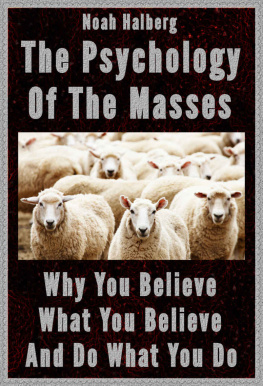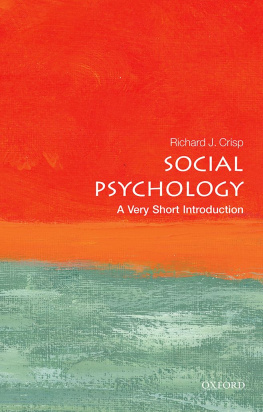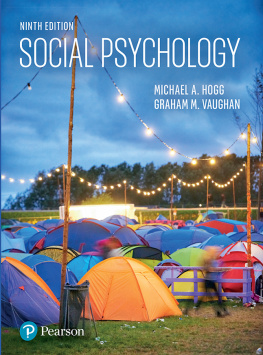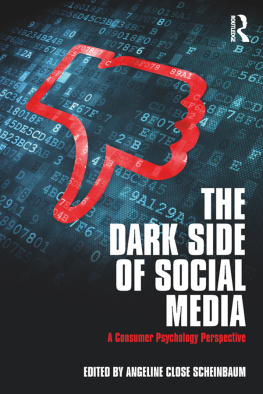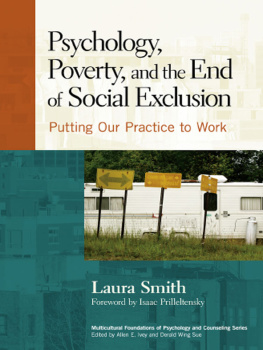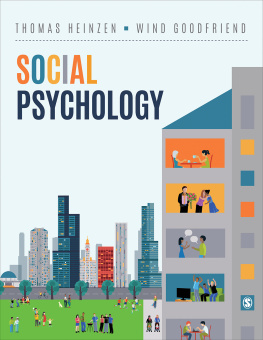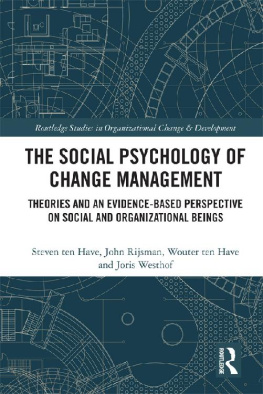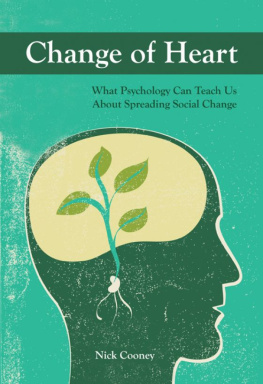The Psychology of the Masses
Why You Believe What You Believe and Do What You Do
Noah Halberg
Noah Halberg
Copyright 2013 Noah Halberg
Dedication
This book is dedicated to the hapless individuals, some unusually brave and original, who challenged the crowd and lost.
Contents
Acknowledgements
I suppose I should thank my dad for providing room and board while I worked on my book. My work would have been harder and it would have taken longer if I hadn't been free to devote all of my time and attention to it. Aside from what I owe to the writers discussed in this book, my college professors John Malone and Neil Greenberg were important influences. Dr. Malone helped me appreciate the value of studying psychology from a historical perspective and I owe Professor Greenberg for much of my understanding of the physiology of needs. His encouragement of cross-disciplinary approaches to research was also helpful.
Preface
The issues I discuss in this book first came to my attention as a teenager, though I couldn't quite articulate them back then. I liked to argue on message boards where there were a lot of smart people, which made my thinking more rigorous, but which did not change many minds, at least as far as I could tell. There were some formidable debaters at some message boards, particularly the ones devoted to science and rationality. Creationists visited those boards all the time and tried to refute the evolutionists there, but they were always soundly defeated. And yet they kept using the same arguments over and over again, and they never changed their minds, unless they did it without telling anybody. I was outraged by this. I thought that if you lost an argument you should think carefully about your position and either alter it or abandon it. The creationists did not see things that way. One of the more sophisticated ones, upon losing a debate with an evolutionist, said that although the evolutionist may be right by human reason, God's reason was superior to human reason, and so he would stick to his position. In my own debates, when I was able to corner someone, I noticed that they, too, would not relent. They acted as if something important to them was at stakeif not some treasured belief, then their self-respect. I was different, though to be honest I didn't always announce when I had changed my mind. I remember that when I was 14 and a complete novice at debate that I said something stupid and had my arguments shot down with little effort; and yet I didn't stick to my foolish beliefs but exchanged them for more sensible ones. I noticed that other people did this too, but it was only a small minority. I think the people who did change their minds were overrepresented out of all proportion to their numbers in the general population at the scientific and rationalist message boards. My experiences with people outside of that circle has been that they are more like the creationists than the scientific rationalists, sticking firmly with whatever ideas are important in their circles. I didn't seek to explain why there were some people who changed their minds when refuted and others who did not; I just assumed that the people who didn't change their minds were stubborn, dishonest, or at the me rcy of their strange beliefs. But, in truth, the scientific rationalists had their own dogmas and their own patriotic zeal, and I bought into it just as everyone else did.
When I changed my mind, at the same time I changed which group I belonged to. That wasn't my intention, but it did turn out that way. If you initially support extensive regulations on the right to own and carry guns, for example, and then you change your mind so that you think that most regulations on gun ownership should be abolished, you are not merely changing your mind; you are changing t he group which you belong to. It works the same way if you change your mind in the other direction. But who belongs to your group? Quite likely, your friends, family, and associates. If you changed your mind on such a divisive issue you would alienate those people, at least if they cared at all about politics. Could you live with their disapproval? Most people can't and do what they can to avoid it. It is far easier and in most cases far more beneficial to just go along with what the group believes. You can abandon one group for another but for most people that's difficult. They lose all of the time and effort that went into cultivating their social networks, without which it is difficult for most of us to thrive. We rely on our family, friends, and associates to help us in times of need, and for companionship, and very often for advancing our careers or businesses. Man is, as Aristotle said long ago, a social animal.
I have had unusual experiences. I moved around a lot when I was young. On average I moved every year or two, and altogether I moved more than ten times before I went to college. This meant that it was difficult for me to consider myself as belonging to any one group. I was the new guy a lot of the time, and always conscious of being an outsider at first. I was always aware that I would soon be moving on. I never knew exactly when, but I knew that it was always possible that I would only be staying for a year. So it made little sense for me to become overly attached to the groups I was in. I got in the habit of seeing myself as more of a guest than a real member of any group. I think this has helped me retain and develop my independence of thought, but it has also, I think, made life more complicated for me in some respects.
The further I departed from what other people around me believed the more I felt myself becoming a stranger to them. I became hesitant to speak openly about all the radical ideas I had been exposed to on the Internet. And while it felt okay to debate online, where you could quit a message board at any time, it was harder to do it in person, where you had to see the same people everyday for school or something. The average person finds argumentative people to be disruptive or domineering. But I found that there are some people who enjoy debate because they, too, want to improve their thinking. When I found people like that I discussed my wild ideas with them and I argued with them.
The first college I went to had much more conservative students than other colleges do. By that I mean they didn't budge from convention and were intolerant of deviance in others. I had grown my hair out longer back then because I thought it would be neat to have long hair like Kenshin from the Rurouni Kenshin anime series. I was treated rudely and decided that it was better to fit in in appearance even if my thoughts were radically different from theirs. But even then I was keenly aware of the difference in my thinking, and in my behavior. Everyone else seemed to want to join in in group activities while I preferred to be alone, thinking about things and cultivating myself. I remember going to a pep rally or something during freshman orientation and feeling very much out of place. Everyone else that I could see was cheering for the home team, everyone in unison. I, on the other hand, didn't see what the big deal was. For them, football was one of the major reasons why they went to college; for me, football was a just a game, and not something to get overly excited about. I was urged to join in. I continued to stand there with a blank look on my face. Later on in the school year, during a home game, I was walking back to my dorm room when I passed by a student chanting the team's slogans like, I thought, a madman. I just kept on walking with a blank look on my face, saying nothing. He called me a rude name and I felt an urge to hit him, but I restrained myself. I thought a little later on about what would have happened if I did hit him. I think nearly everyone else would have supported him against me. He was a member in good standing of the crowd and I was being recalcitrant. I think you can get your car keyed if you show up at a football game at certain Southern universities with the wrong team's bumper stickers. Being the unsociable person that I was, my view was that college was for learning and not for football and if the football team wanted to play they could go do that somewhere else. That was, of course, not a very popular opinion. Anyway, I transferred after the first year.
Next page
